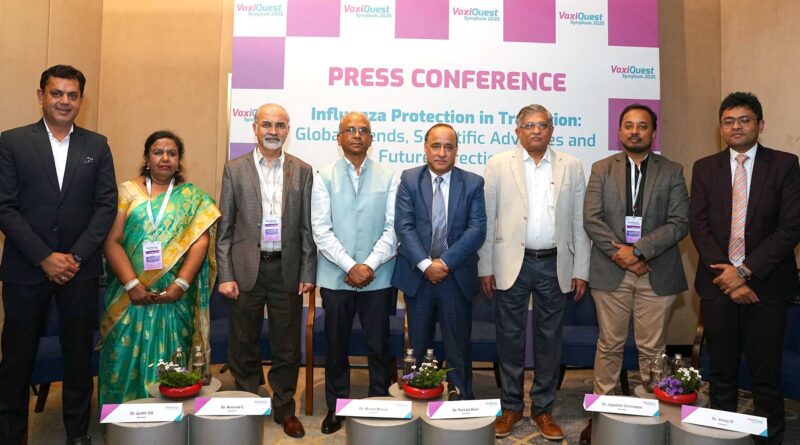India Aligns with Global Guidelines for Influenza Vaccination
Bengaluru: India has transitioned to a new influenza vaccination guideline, as recommended by the World Health Organisation (WHO) for the Northern hemisphere 2025-26. The guideline change reflects global surveillance data and aims to streamline vaccine composition for improved efficacy and production efficiency.
Low Risk of B/Yamagata Lineage Viruses
The WHO has noted the persistent absence of naturally occurring B/Yamagata lineage viruses since March 2020, indicating a very low risk of infection. Consequently, the inclusion of a B/Yamagata antigen in quadrivalent influenza vaccines is no longer considered necessary.
National Centre for Disease Control Recommends WHO Guidelines
The National Centre for Disease Control (NCDC), India has recommended following the WHO guidelines to adopt the latest strain of the vaccine to prevent influenza and influenza-like illnesses. Influenza is a significant public health concern in India, with substantial disease and deaths occurring every year.
Importance of Vaccination
Vaccination plays a vital role in reducing the spread of infection, lowering the severity of disease, and preventing complications, especially among high-risk and vulnerable groups. Dr. Sharvil Patel, Managing Director, Zydus Lifesciences Limited, emphasized the importance of preventive healthcare and timely vaccination in controlling influenza and safeguarding public health.




